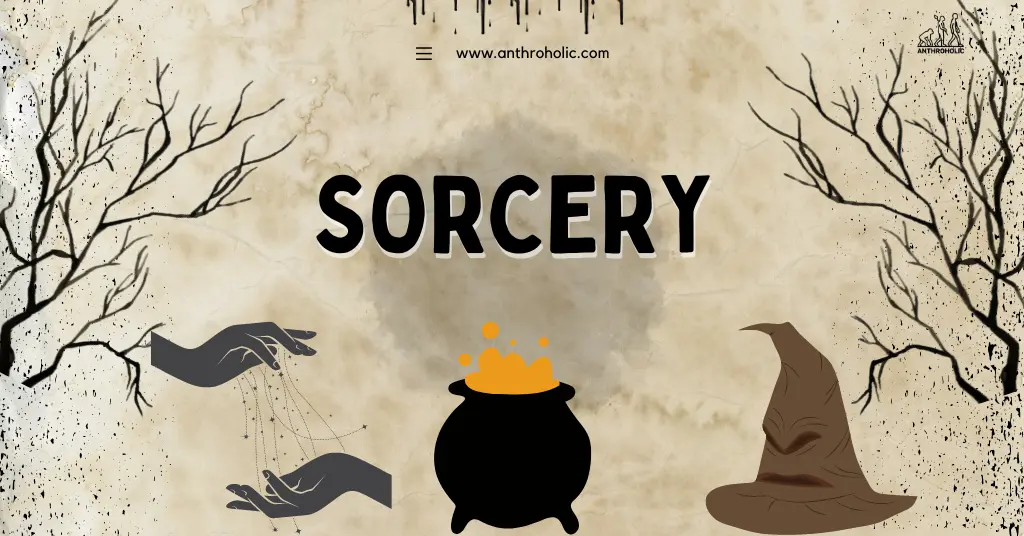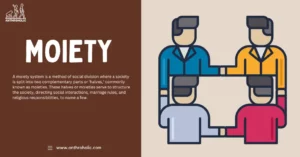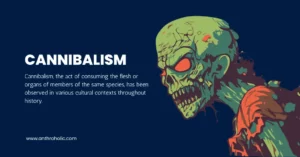AI Answer Evaluation Platform Live Now. Try Free Answer Evaluation Now
Sorcery
Sorcery, a central topic in the anthropology of religion, often implies the use of supernatural means to achieve personal or community objectives, often carrying a pejorative connotation in Western discourse. The belief in and practice of sorcery extends across cultures worldwide, varying widely in form, scope, and societal influence.

Anthropological Definition of Sorcery
Sorcery, sometimes interchangeable with witchcraft in anthropological texts, is defined as the manipulation of symbolic materials (like spells, rituals, or objects) to influence people, events, or the natural world, often negatively [1]. However, such definitions need to be contextually understood as cultures interpret and apply these concepts diversely.
Cross-cultural Perspectives on Sorcery
Sorcery in Melanesian Societies
Melanesian societies have a prevalent belief in sorcery, considered a powerful and harmful force wielded for personal or social grievances. In Papua New Guinea, “poison” or “sorcery” are terms often attributed to sudden or unexplained deaths [2]. This belief system influences societal behaviors and justice mechanisms.
Sorcery in Sub-Saharan Africa
Sorcery in Sub-Saharan Africa, termed “witchcraft”, is also a common cultural phenomenon. Beliefs range from attributing misfortune to malevolent forces to considering it a socio-political tool. Some cultures even regard sorcery as a hereditary trait [3].
Sorcery in South America
Among the Mapuche of Chile and Argentina, sorcery (wekufe) is believed to cause misfortune and illness. However, there is a thin line between beneficial and harmful supernatural practice, blurring the line between shamans and sorcerers.
Sorcery in Western Societies
In contrast, Western societies predominantly view sorcery within historical contexts (like the infamous witch trials), or as an element of popular culture (fantasy literature, films), with only subcultures such as neo-pagans continuing to practice it.
Table 1. Cross-cultural Perspectives on Sorcery
| Region | Terms Used | Typical Beliefs and Practices |
|---|---|---|
| Melanesia | Poison, Sorcery | Associated with sudden deaths |
| Sub-Saharan Africa | Witchcraft | Considered as a socio-political tool |
| South America | Wekufe | Causes misfortune and illness |
| Western Societies | Witchcraft, Sorcery | Associated with historical events or popular culture |
Societal Impacts of Sorcery Beliefs
Beliefs in sorcery have significant societal impacts:
- Social Control: Sorcery often acts as a form of social control, deterring individuals from antisocial or immoral behavior for fear of supernatural retribution.
- Explanations for Misfortune: Sorcery provides explanations for misfortune, illness, and death, especially in societies without advanced medical knowledge.
- Conflict Resolution: In some societies, accusations of sorcery serve as a means of resolving conflicts, expressing social tension, or restoring social equilibrium.
Conclusion
Sorcery, a ubiquitous cultural phenomenon, illustrates the diverse ways human societies interpret and respond to the unseen and the unknown. While often associated with malevolence and misfortune, these beliefs play essential roles in social control, understanding misfortune, and conflict resolution.
References
[1] Evans-Pritchard, E. E. (1937). Witchcraft, Oracles, and Magic among the Azande. Clarendon Press.
[2] Zelenietz, M., & Stewart, P. (1981). “Sorcery and Social Change in Melanesia”. Social Analysis: The International Journal of Social and Cultural Practice, (7), 3-15.
[3] Geschiere, P. (1997). The Modernity of Witchcraft: Politics and the Occult in Postcolonial Africa. University Press of Virginia.




